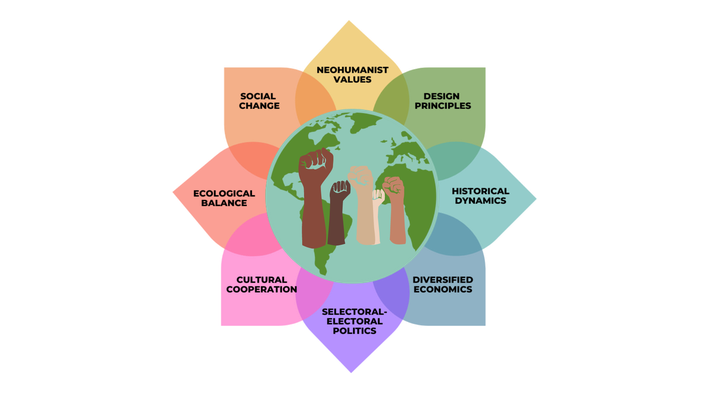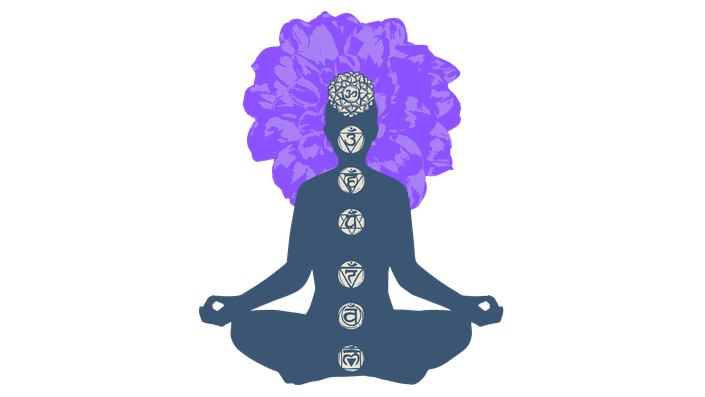
Prana Dharma and Issues in Diversity
Offered by Jason Schreiner, President, PROUT Institute, this class is a presentation on and discussion about the PROUT concept of prana dharma and how it informs the current discussions of and public policy on diversity in North America.
This class is accessible to all. Whether you have a basic understanding of PROUT, or have never heard of PROUT, this class will contribute to your understanding of the ways in which we, as a society, can begin to think differently about diversity and how we can employ the theory of PROUT.
What is PROUT?
PROUT’s Fundamental Premise
All people should have equitable opportunities to develop and express their physical, mental, and spiritual potentialities, while maintaining dynamic balance among individual quality of life, collective well-being, and ecological integrity.For more information about PROUT, visit proutinstitute.org
PROUT (Progressive Utilization Theory) was first put forward by Prabhat Ranjan Sarkar, a philosopher, social reformer, and spiritual teacher dedicated to the task of planetary transformation. Through his actions and teachings he inspired many people to develop their potentialities and take on active responsibility for humanity’s welfare.
Example Curriculum
Jason Schreiner, Instructor
Jason Schreiner is President of PROUT Institute and is CEO and Executive Fellow of Green Island USA, which provides contextual research, strategic analysis, and visionary insight for supporting integrated development projects, green transition initiatives, and a green circular economy. He regularly presents on P.R. Sarkar’s theories PROUT, neohumanism, and aesthetic science, and is currently writing a book manuscript titled Philosophy of Neohumanism: Life, Love, and Liberation for All Beings, and developing a reading guide for Sarkar’s The Liberation of Intellect: Neohumanism. Jason formerly served for many years as Associate Director of the Teaching Engagement Program at the University of Oregon and has taught numerous courses for the UO Environmental Studies Program. He also brings years of experience in organic farming and community-based NGOs to his work.

Other Courses You May Be Interested In
Check out these other course opportunities through Transformation Education!




